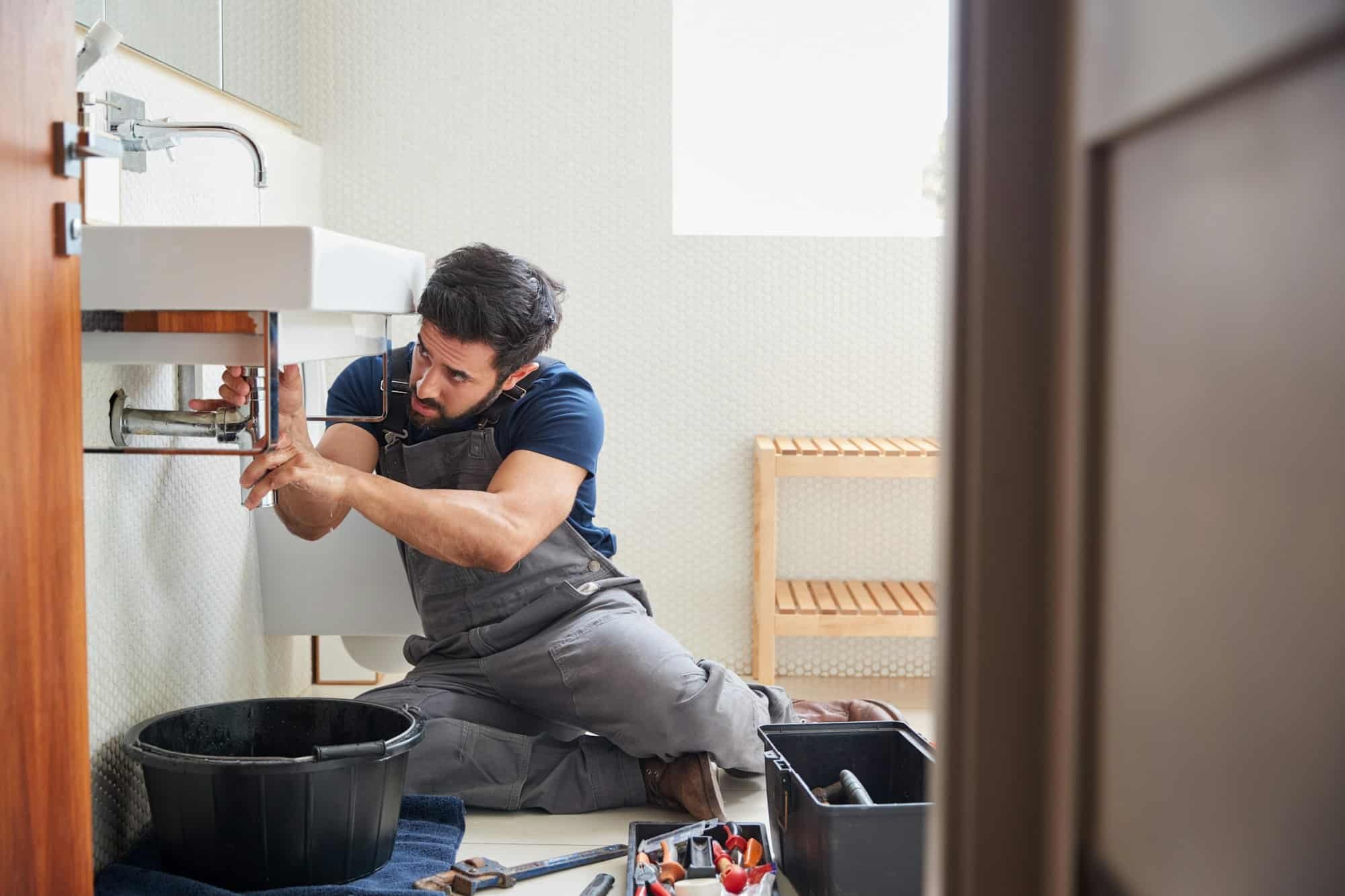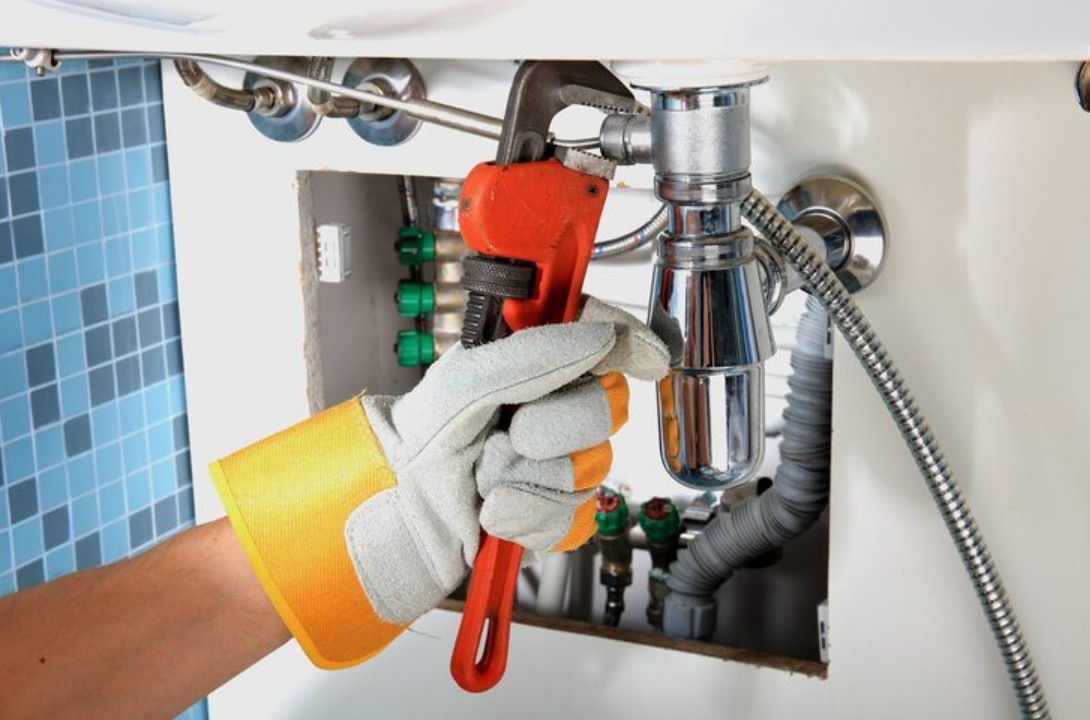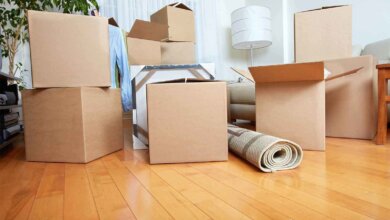
Homeownership comes with a long list of responsibilities, and one of the most important is keeping your home’s plumbing system in good working order. While some issues may seem minor and tempting to handle with a quick DIY fix, others are signs of deeper problems that require immediate professional attention. Knowing when to call a plumber can save homeowners time, money, and major headaches down the road.
Ignoring plumbing problems can lead to water damage, mold growth, increased utility bills, and even structural issues. Recognizing early warning signs and understanding your limitations as a homeowner are key to protecting your investment.
When a Minor Issue Isn’t So Minor
Many homeowners believe they can solve small plumbing issues with store-bought tools or temporary fixes. While this may work occasionally, persistent or recurring problems usually indicate something more serious. A licensed plumber has the experience and tools to accurately diagnose and fix the issue at its source, preventing it from becoming a larger, costlier problem.
Dripping faucets, slow drains, and fluctuating water pressure may not seem like emergencies, but they often signal hidden leaks, corrosion, or clogged pipes. Left untreated, these problems can escalate, leading to significant damage and expensive repairs.
Common Signs It’s Time to Call a Plumber
There are specific signs that should never be ignored. If you experience any of the following, it’s time to call a plumber right away:
- Consistently low water pressure throughout the house
- Unusual noises such as banging or gurgling coming from the pipes
- Water stains on walls or ceilings, indicating a hidden leak
- Foul odors coming from drains or pipes
- Sudden spike in your water bill without increased usage
- Standing water or flooding in your basement or yard
- Backed-up drains that don’t respond to plunging
- No hot water or inconsistent water temperatures
A professional plumber can assess these symptoms quickly and recommend the right solution, preventing further damage or disruption to your home.
DIY vs. Professional Help
There’s nothing wrong with tackling small household tasks, but plumbing requires a special set of skills and tools. What seems like a simple leak or blockage could be a symptom of a much larger issue within your plumbing system. Attempting to fix it yourself without proper knowledge can worsen the problem or even result in injury.
A plumber not only brings expertise to the job but also ensures that repairs are up to code. This is especially important if you plan to sell your home in the future. Poorly executed plumbing repairs can result in inspection issues, legal liabilities, and lost property value.
Emergencies Require Immediate Action
Not all plumbing problems happen during business hours. Burst pipes, overflowing toilets, or sudden water heater failure can happen at any time, and these emergencies require immediate attention. In these situations, waiting too long to call a plumber can result in significant damage to your home’s structure and belongings.
A reliable emergency plumber offers 24/7 services and can help you shut off water, identify the source of the problem, and begin repairs as quickly as possible. Having a trusted plumbing professional’s contact information on hand is a smart move for any homeowner.
Renovations and Upgrades
Home improvement projects involving kitchens, bathrooms, or laundry rooms often require plumbing changes. Even if you’re handy, these upgrades are best left to a professional plumber to ensure that new pipes, fixtures, and appliances are installed correctly and safely.
A plumber can also advise on modern upgrades such as tankless water heaters, water filtration systems, or energy-efficient fixtures. Their guidance ensures your upgrades not only function well but also meet local building codes and safety standards.
Preventative Maintenance Pays Off
Many homeowners don’t think to call a plumber until something breaks, but preventative maintenance can actually save a lot of money in the long run. Annual inspections can catch small issues before they become big ones, keeping your plumbing system in peak condition.
During routine maintenance, a plumber might spot early signs of corrosion, tree root intrusion, or pressure irregularities that could lead to burst pipes or drainage issues. Preventative care also extends the life of your water heater and helps maintain water quality throughout the home.
Conclusion
Understanding when to call a plumber is an essential part of responsible homeownership. While some issues may seem manageable on your own, others require professional expertise to avoid further complications. From subtle signs like low water pressure to full-blown emergencies like burst pipes, knowing when to pick up the phone can protect your home, your wallet, and your peace of mind.
A licensed plumber offers more than just repair services — they provide expertise, safety, and long-term value. Whether it’s for routine maintenance, emergency response, or planned upgrades, having a trusted plumbing professional on your side ensures your home stays comfortable, efficient, and safe for years to come.






